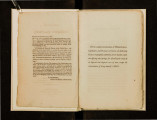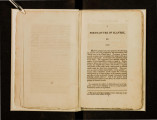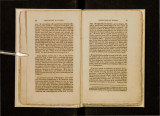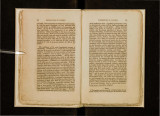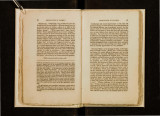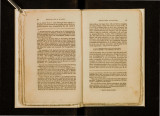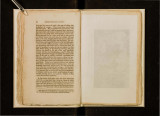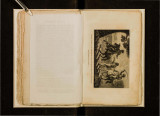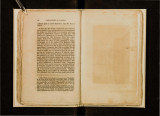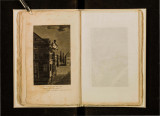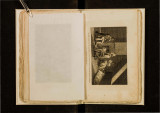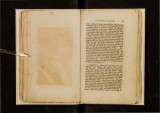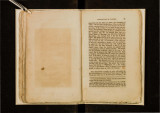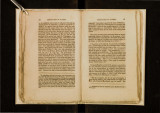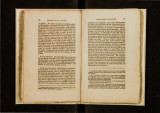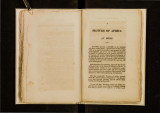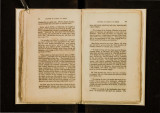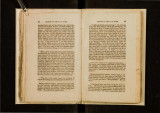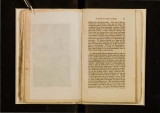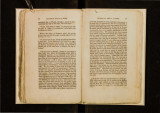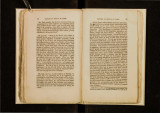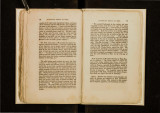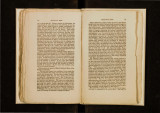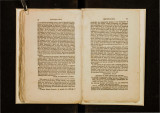| Title |
Portraiture of Domestic Slavery, in the United... |
| Call Number |
E446 .T69; Record ID 9943240102001 |
| Date |
1817 |
| Description |
Torrey, Jesse (Fl. 1787-1834). A portraiture of domestic slavery, in the United...Philadelphia: Published by the author, John Bioren, printer, 1817 First edition E446 T69 |
| Creator |
Jesse Torrey (fl. 1787-1834) |
| Publisher |
Digitized by J. Willard Marriott Library, University of Utah |
| Subject |
Slavery -- United States; Slavery -- United States -- Controversial literature; Slavery -- Washington, D.C. |
| Type |
Text |
| Format |
application/pdf |
| Identifier |
A_Portraiture_of_Domestic_Slavery.pdf |
| Language |
eng |
| Collection Name |
Rare Books Collection |
| Holding Institution |
Rare Books Division, Special Collections, J. Willard Marriott Library, University of Utah |
| Rights |
 |
| Scanning Technician |
Cedar Gonzalez |
| Digitization Specifications |
Original scanned with Hasselblad H2D 39 megapixel digital camera and saved as 600 ppi tiffs. Display images created in Adobe Photoshop Lightroom 4 and generated in Adobe Acrobat ProX as multiple page pdf. |
| ARK |
ark:/87278/s60594xd |
| Setname |
uum_rbc |
| ID |
297425 |
| Reference URL |
https://collections.lib.utah.edu/ark:/87278/s60594xd |








